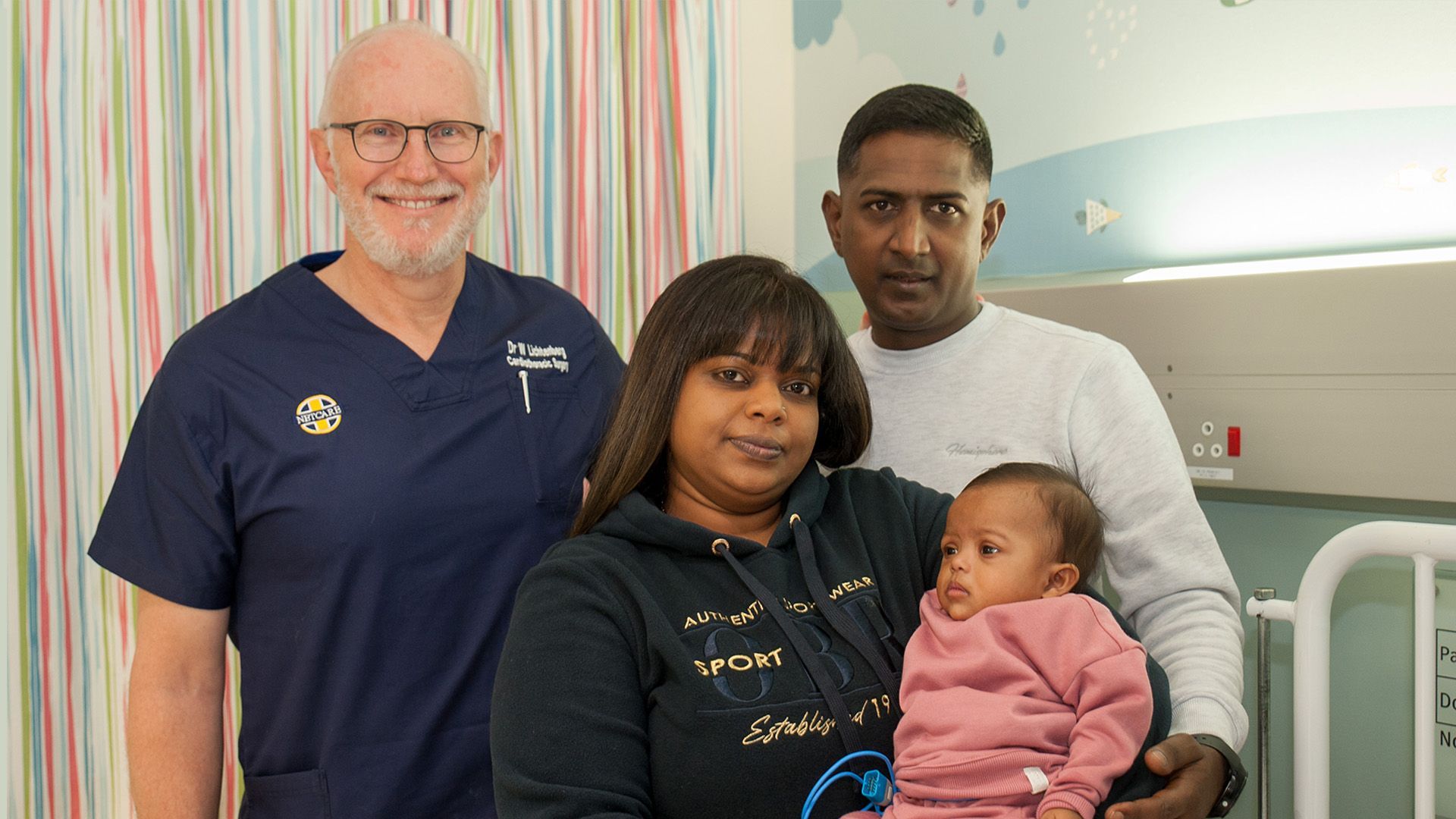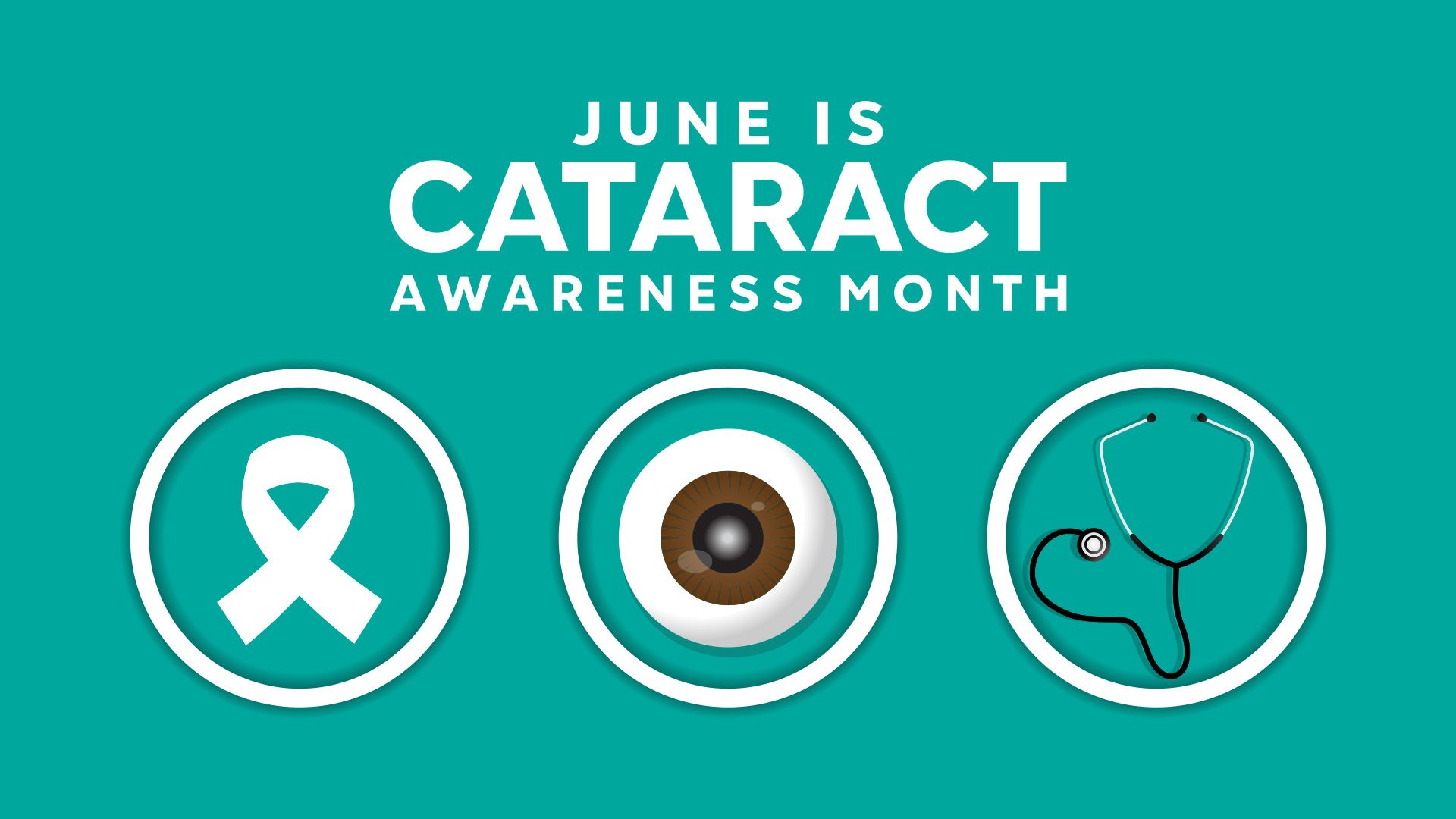SA interventional cardiologist demonstrates intricate heart repair procedure to continent’s doctors
Drickus Maartens • November 4, 2019
Educational live demonstration aims to advance cardiac treatment for patients in Africa
Cardiologists and other medical practitioners from around Africa recently had the opportunity to watch a South African professor expertly direct a special repair device via tiny wires and catheters towards a patient’s heart in order to repair a hole in this vital organ.
The live interactive demonstration by local interventional cardiologist, Professor Farrel Hellig, was performed in the cardiac catheterisation laboratory at Netcare Sunninghill Hospital in Johannesburg, from where it was streamed in real time to hundreds of delegates attending the 20th Pan-African Course on Interventional Cardiology
(PAFCIC) held in Tunisia recently.
Professor Hellig, a renowned interventional cardiologist and associate professor at the University of Cape Town’s Medical School, spoke participants through the intricate ‘keyhole’ procedure to close the hole, or flap, in the wall of the inter-atrial septum of the heart. This is known in medical terms as a patent foramen ovale (PFO) repair.
Professor Hellig, who is committed to education in interventional cardiology, and is known for sharing his knowledge widely with his colleagues, says that the heart repair procedure went well and the patient was discharged home from the hospital the following day.
The procedure was followed closely on a large screen by delegates in Tunisia, who were able to interact and engage with the professor throughout the procedure. Professor Hellig says the PFO is a relatively easy intervention for him and his team to perform, as they have undertaken many of them in recent years.
Held under the auspices of the Pan African Society of Cardiology (PASCAR), PAFCIC aims to educate the continent’s doctors on interventional cardiology, thereby aiming to improve cardiovascular care in Africa. Professor Hellig’s procedure was one of 10 performed by experts at centres around the continent to demonstrate to delegates the latest techniques in this sub-speciality. In addition to these live case transmissions, the PAFCIC programme included practical workshops and keynote lectures by international experts.
Professor Hellig explains that interventional cardiology is a sub-specialty of cardiology, and provides minimally invasive, image-guided diagnosis and treatment of cardiac conditions. He is regularly invited to demonstrate such techniques to delegates at the annual PAFCIC Congress as well as at other such international educational meetings. Last year, Professor Hellig demonstrated a live transcatheter aortic valve implantation (TAVI) — a procedure during which a diseased heart valve (aortic valve) is replaced with an artificial valve — to PAFCIC delegates.
“Interventional cardiology is revolutionising heart medicine in many important ways, and is becoming an increasingly critical sub-speciality both locally and around the world. However, the techniques involved can be complex and insufficient cardiologists in South Africa and on the African continent have had the opportunity to acquire the necessary skills,” notes Professor Hellig, speaking during Heart Awareness Month in South Africa.
“As a consequence, these approaches are still not widely available to the many vulnerable patients throughout the continent who could greatly benefit from them. I think that it is therefore of critical importance to familiarise as many of our colleagues as possible with these techniques.”
Professor Hellig has vast experience in interventional cardiology and performs scores of these intricate procedures every year. He also provides clinical training in interventional cardiology to post-graduate Masters’ students at Netcare Sunninghill Hospital through UCT. Netcare Sunninghill Hospital has been recognised as a UCT Medical School interventional cardiology teaching institution.
Highly-trained cardiologists now perform a range of procedures ranging from heart valve replacement and repair to the unblocking of blocked blood vessels with stents using minimally invasive techniques that are far less traumatic to the body than open-heart surgery, where large incisions have to be made to perform surgery.
“These procedures tend to reduce patients’ hospital stays and the recovery period. Moreover, they often enable us to treat highly compromised patients who might not have survived open heart surgery.”
Professor Hellig was also course director for AfricaPCR, the largest interventional meeting in Africa, which ran concurrently with SA Heart Congress and PASCAR, from 31 October to 3 November 2019. Five live demonstration procedures were performed as part of AfricaPCR at Netcare Sunninghill Hospital.
“I am always greatly honoured to be asked to perform such live demonstrations for events such as PAFCIC, which meaningfully contributes to the advancement of cardiovascular medicine, and interventional cardiology in particular, on the continent,” concludes Professor Hellig.
Further reading:
https://www.occlutech.com/int/professionals/products/pfo/

Cardiothoracic surgeon and founder of the Young Hearts Africa Foundation, Dr Wilhelm Lichtenberg, has made it his life’s purpose to reach children with life-threatening heart defects like Baby Kendreya Pillay's before it is too late. Since its inception in 2023, the foundation has helped 30 children.

It has been estimated that 80% to 90% of doctors experience some form of burnout at some point in their careers. This can affect their ability to practise optimally and to connect with their patients with empathy and care. The consequences are serious, as burnout and depression are major risks for doctors, threatening both their wellbeing and the quality of care they provide.

Upbeat 25-year-old student Atang Climantine Makhubedu jokingly calls herself a cataract survivor. Just weeks before, however, she was battling the harsh reality of unexpected vision loss, which Dr Sachin Bawa, an ophthalmic surgeon practising at Netcare Linkwood Hospital, describes as having significantly impacted Atang’s daily life.

A South African first of its kind tool is transforming patient care locally by leveraging Netcare’s advanced electronic medical records system and abundant clinical data. This will help clinicians identify risk of deterioration from common causes earlier among intensive care patients so that treatment can start sooner.









